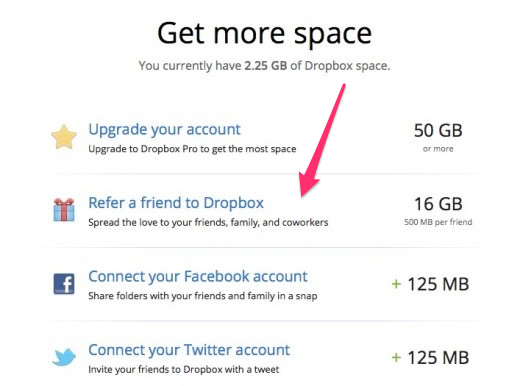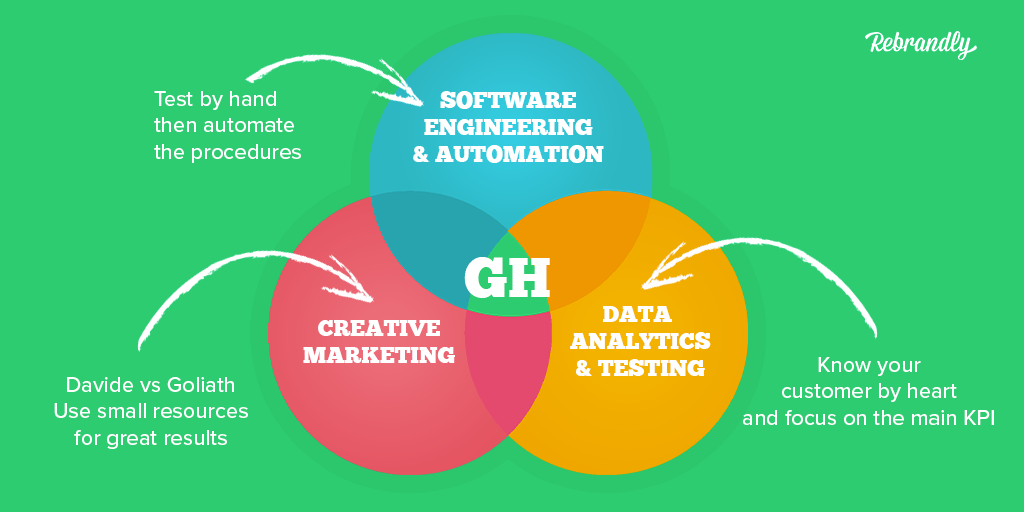In the last couple of years, growth hacking went from being the startup’s world golden boy to one of the most hated buzzwords around.
It started with Intercom’s article from 2014 () and went on with articles such as “2016 is almost over, and growth hacking is still bullshit” from 3 years ago.
But why did growth hacking get such a bad reputation
Most “growth hacking’ articles are fake news
While there are
For example, If you look at most growthhackers.com community posts, you’ll see article titles such as:
- How to retain loyal customers? 5 takeaways from industry experts
- E-commerce Email Marketing Guide: Generating More Sales
- How to Create a Digital Marketing Strategy for a SaaS Company to Get Leads, Not Pain.
To be honest, I’m surprised I didn’t see any “how we generated 10,000 new email sign-ups by changing one-word” articles topping the charts.
You see, it all starts with a simple mix-up between marketing and growth hacking. Tactics VS. Processes.
If you know how to generate thousands of leads using Facebook ads just because you’re good at optimizing ads – it doesn’t turn you into a growth hacker.
Even if you have a fantastic funnel strategy – still, not necessarily growth hacking.You’re an acquisition expert, and that’s great!
Same goes for “generating 250K site visitors using SEO, etc..
Most of these articles are proof that you are very good at your craft, which might be paid media, SEO, social media, content marketing – etc. But not necessary growth hacking in any way.
By the way, the same goes from A/B testing like A/B testing. Conversion Rate Optimization is part of what a growth hacker would do – but the act itself, might not be qualified as one
So when every marketer started rebranding themselves as growth hackers, people started calling out the BS.
Process VS. Tactics
When most people hear a successful “case study” or read a “how we did” – they go straight to the bottom line.
“Oh, they’ve changed one here? Amazing this is hacking! Let’s change it as well”.or “Oh, they had a waiting list; lets’ do that!”
When you just copy what somebody else did – it’s not growth hacking either.
It might work amazingly for you, yes? But it’s not growth hacking.
“But, wait! Why do they get to call it growth hacking and I don’t?”
Well, because the process they went to get to that idea is what the core of growth hacking is.
The results, without context, are just tactics.
When you read an article about Dropbox’s referral loop growth hack, or Airbnb’s Craiglist’s hack, etc. etc. – the interesting question shouldn’t just be “how did they solve it?” – what you should ask yourself – is “what data guided them into testing these methods?”.

Growth hacking is not about deploying a bunch of ideas randomly
Don’t get me wrong – sometimes what worked for others would work for you. But only using the right process, you’ll be able to deploy them the right way.
For example, Dropbox’s strategy only works because it’s based on data
If the data wasn’t there in the first place – it probably wouldn’t succeed as much.
Same way it hasn’t proven successful for 90% of startups.
For first and foremost, Growth hacking is not about the set of tactics you deploy, it’s about the methodology used to get you there.
Growth hacking is about having the right framework and team members to execute fast-paced experiments based on user behavior data you’ve gathered.
The process you go through to choose the right ideas to test and experiment with – that’s what at the core of growth hacking. The result might be a vertically known tactic such as guest blogging, SEO, contest, referral programs, etc.
The process you made to come up with the idea – that’s the core of growth hacking
Which again, might work great for you, but that’s not under the “growth hacking” definition.
Combining “Growth” and “Hacking”
Another thing that’s important is to understand that “growth hacking” can only happen when combining 3 elements:1. User behavior data2. Problem-focused3. Being able to scale.
For these 3 things to happen, you have to have the right team members.Use MUST have a data analyst. You must have a product/marketer (depends on your funnel focus) expert or champion from your team – and your solution has to be something you can scale, either by coding or creating a playbook around it.
The reason “growth hacking” has also been very intertwined with the concept of the technical marketer – is because that in order to execute a lot of the experience, you’ll need to have the technical skills to either create new things, automate (either using API’s, python, systems) and make changes to your product or funnel.
“Growth,” for me, is just the direction or focus you have in your goal
You have a metric; everything you do is dedicated to growing it.
The “Hacking” part is about how you get there.
This is where “user behavior data” and “being able to scale” come to play.
The data plays a part in “ultra-understanding” what your users are doing and being able to address what shapes their behavior in your product based on past behavior and feedback.
It’s the closest process to mind-reading there is at the moment.
The “being able to scale” is the other part. It’s how you do what works – in an efficient, sustainable way that allows your product to grow itself.
Without these two parts (combined with the work process discussed earlier) -you’re just doing product or marketing. You might be doing them both very well – but it’s not growth hacking.
I’ll add that it doesn’t mean a single person knows how to do it all, right? That’s why every growth lead has a Growth team. But that’s for a different post.

Process vs Magic
Because of all those bogus case studies and heroic stories from fast-growing startups, many people were bought into the idea is that “Growth hacking is a fast way to do X.”
Growth hacking will usually be the fastest and most efficient way to drive metrics forward. But notice the “fastest” versus “fast.”
As mentioned earlier – growth hacking is a process.
You’ll need to have a good data infrastructure, and you’ll need to be data-informed, you’ll need to have an experimentation framework to run at it.
But it’s not going to happen overnight.
There’s no trick to get you millions of users in a week to impress your investors.
It’s not a bandaid for you to cover poor marketing or product executions.
It’s a process that runs simultaneously with these efforts
If you want to change the way your company works and help it become more data-oriented and move faster when testing new “growth” opportunities – that’s when you should think about building a growth hacking team.
In conclusion:
Growth hacking got a bad reputation because people have been abusing the term in order to brand themselves better.
Startup founders who got “stuck” asked to call for a growth hacker instead of diving into understanding their company’s issues. Usually, they’ll be very disappointed with the results, saying things like “I thought this is about getting fast results!”.
Growth hacking is about a process. It’s about deploying a combination of expertise together to conduct data-driven experiments you can scale.
Confusing “marketing expertise” with “growth hacking” is where everything went south

